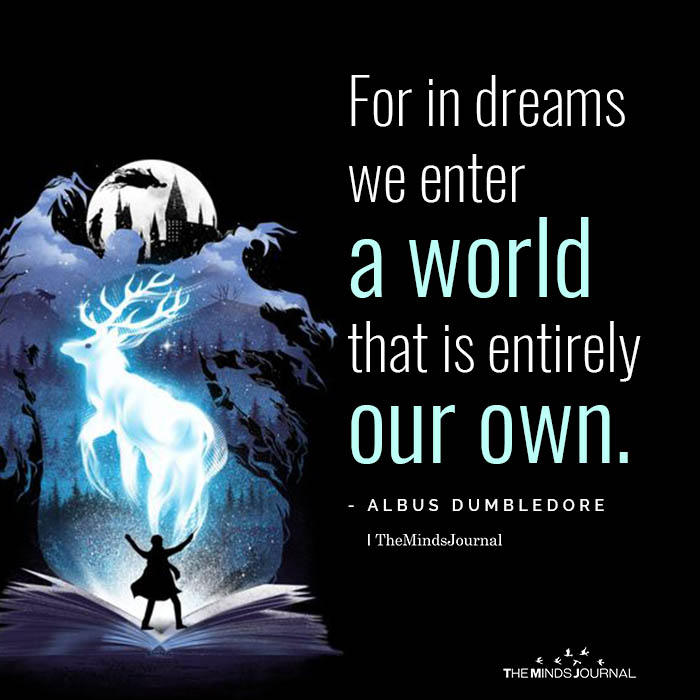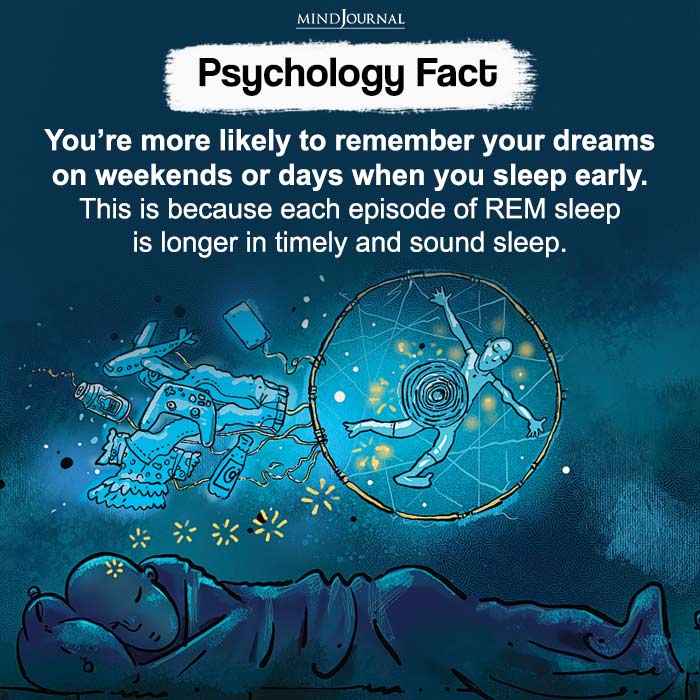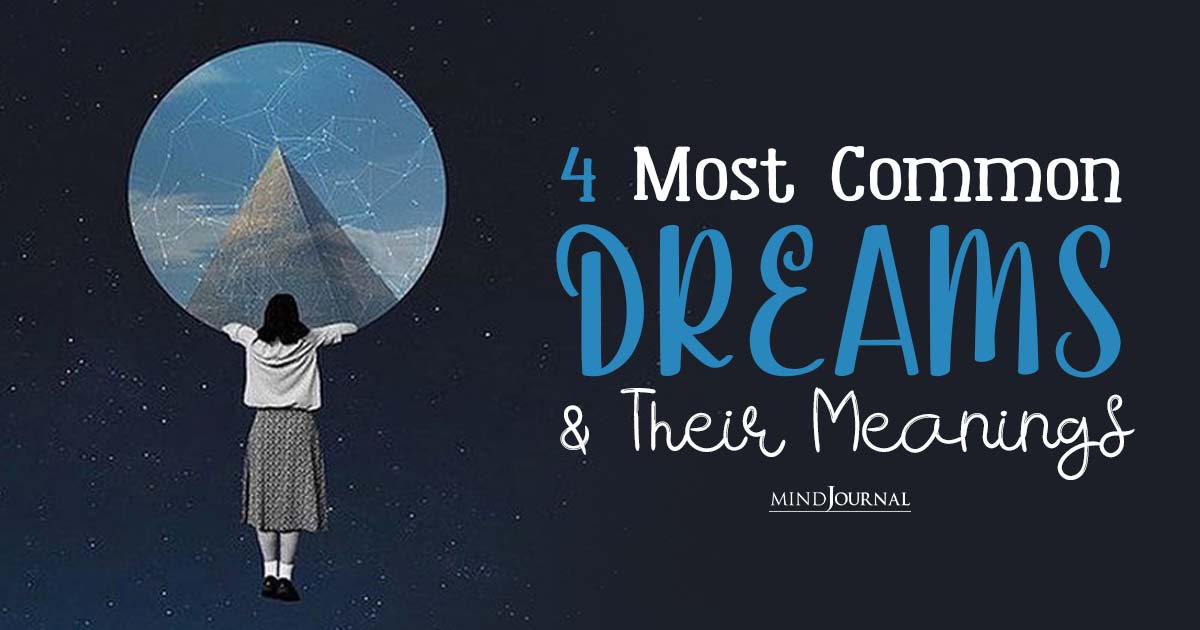Do you believe your dreams are trying to tell you something? Interpretation of dreams can help you decode deep spiritual lessons! Want to try decoding dreams?
They offer a peek into your subconscious. Many people are fascinated by dreams and want to understand their dreams’ meanings and interpretations.
There is no doubt that dreams are chock full of interesting information, and wisdom, and, when understood, can be a great tool for growth and guidance.
Dreams have been a source of inspiration and mystery for hundreds of years. The end of the world has been predicted from dreams many times.
Dreams have also served as subjects of amusement and fright and play a part in many cultures and folklore. There are stories of ancient civilizations that determine their course and strategies according to dreams.
Cultures such as the Hopi Indians, Mayans, and Egyptians derived deep meaning from dreams and visions and used them for guidance.
And, of course, dreams are prevalent in the Bible. We all know the story of Joseph interpreting the dreams of the pharaoh predicting seven years of plenty followed by seven years of famine.
The fact that Joseph could interpret the pharaoh’s dreams elevated his status as a valuable advisor. Another important reference involved the story of the birth of Jesus when Joseph received a dream message to escape the devious intention of King Herod.
As a result, Mary, Joseph, and the baby Jesus were saved from the ruler’s murderous rampage. And the book of Revelations is well known as a dream of John the Apostle while in exile on the Isle of Patmos.
When it comes to interpreting your own dreams and understanding their meaning in your life, you have to look beyond the surface and get in touch with your subconscious.
Related: Can Dreams Predict The Future? This Is What Studies Say
The Interpretation Of Dreams
A simple way to start practicing dream interpretation is by understanding what some of the most common dreams mean:

1. Late Or Lost At School
A common dream that most people have experienced at some time in their life is being lost in school and unable to find their class or schedule.
Panic ensues. Where am I supposed to be? What am I supposed to be learning?
This dream is a perfect indicator of where the dreamer is in life… feeling lost and anxious.
It leads to questions such as: Why am I feeling out of control? What is my desperation? How can I slow down to gain a deeper perspective of the lessons life is providing me?
2. Hiding Or Being Chased In A Dream
Fear reveals itself by being chased, hiding, or avoiding something dark or frightening. Usually, it is depicted as a person you don’t know or a force that is dark and indescribable.
It is easy to draw literal interpretations from such dreams. What are you afraid of? Often you are facing an unknown situation and instead of confronting it with a sense of adventure and wonder, you discover you are frightened.
Of course, this is a perfect indicator of needing more information, practice in a particular area, or professional help.
Related: 7 of the Most Common Dreams and Their Meanings
3. Floating, Walking Peacefully, Or Seeing Spirits
By the same token, when we dream of floating or walking beside a beautiful stream, or angelic visitors, we can surmise we are living in a state of peace.
4. Attending A Party Or Boisterous Event
Being at the circus or a fun party illustrates your joy in living — unless you see the circus or party as chaotic or frightful.

Once you’re able to decode your dreams’ meanings and uncover your subconscious thoughts, you can put this insight into action.
The bottom line is that your dreams describe your current state of being. The beautiful thing is that once you understand this, you can make adjustments.
For instance, if you notice “fearful” dreams, examine your fear and make some changes. Perhaps you need to educate yourself on the object of your fear or talk to someone who can help.
Fear is an unnatural state. Yet, if we peer beneath it, we will find new beginnings, quests, and wonder.
Dreams are amazing tools to look deep into your psyche and understand your fears, drives, desires, and lessons.

One of the things that I love about dreams is they never lie, they are never critical, they state things just as they are, and they are to the point.
Dreams are the subconscious mind’s way of processing your daily experience and they bring to the surface feelings you may not have realized you have. The mind illustrates these conditions succinctly in symbolic form.
For example: if you are angry, you might see a boiler about to blow up or lots of red. The field of psychology has developed many theories and techniques regarding dreams. Some are even used in psychotherapy.
Sigmund Freud was a famous proponent of dreams, as was Carl Jung. Jung, in particular, saw dreams as a significant tool for self-analysis.
Related: The Native Americans’ 7 Core Beliefs About Dreams
A more current theory of dream analysis is offered by Gestalt therapy. Gestalt suggests that dreams provide a means for self-integration.
His theory poses that all persons, objects, and features in the dream are parts of the dreamer’s personality. Thus, if you are dreaming of going fishing, you are literally fishing for something in your life, whether it’s an answer, information, or a person.
Metaphysicians, those who study the universe as a cosmology with organized laws and progressions, interpret dreams in much the same way. Their theory is that dreams are a running commentary from the self about the self.
Dreams, when viewed objectively as a statement, or even a critique of the previous day’s activities and the dreamer’s reactions to the same, hold a myriad of information for personal growth.
They assert that when dreams are properly understood, they offer an undeniable resource of unlimited information that can be used for personal and spiritual evolution.
This information is available to anyone disciplined enough to learn the language and tap into their messages.
Related: Dream Interpretation
Going deeper, let’s return to the first dream mentioned above. Let’s look deeper and see how this theory applies.
Dream Interpretation Answers
Here’s how you can go about decoding your dreams on your own:
You are in school and you have lost your schedule and don’t know where you are or where you are supposed to be.
- What is the class I am supposed to be taking right now?
- Where is it, and how do I get there?
- I am lost and distressed.
If you consider that everything in the dream is a symbol of something in your life, a school would represent a place of learning.
The feeling in the dream is being lost and stressed. With just this much information, you could look at your life and ask these questions:
- What am I trying to learn right now, and am I on schedule to learn it?
You will discover that you don’t know what you are supposed to be learning and you are feeling out of touch with the whole process. Why? Because that is what the dream is relaying.
With this dream, you could surmise a need to step back and figure out what lessons you are dealing with right now. You could also recognize that you’re feeling out of touch with the process and where you are in it or what to do next.
This clarification could lead to some serious soul-searching and decision-making; that is where the value of dreams comes in.
In my book, Dreams and the Symbology of Life, you are provided with a simplified methodology and fundamental list of dream symbols that can be easily learned and developed for use in dream interpretation.
Information on how to practically apply these symbols to the dreamer’s life experience is offered.
With practice and ongoing use, you can learn how to better comprehend the patterns of your life and make the necessary changes to move forward in the desired way.
That’s the beauty of dreams. They give us a peek into the inner workings of our minds and offer us tools for progress.
Written by Jean Walters
Originally appeared in Spiritual Transformation1
Jean Walters is a St. Louis-based Transformational Coach, Akashic record reader, teacher and author of Set Yourself Free: Live the Life You Were Meant to Live! and Be Outrageous: Do the Impossible – Others Have and You Can, Too! who helps women looking to create powerful change in their lives connect with their inner voice. You can reach her at her website, SpiritualTransformation.com.
Interpretation of dreams is important for your personal evolution. According to Freudian dream interpretation theory, dreams are simply your subconscious speaking to you and telling you things that you normally don’t realize when you are awake.
But, when you decode your dream meanings, you will see for yourself, just how much you were not “seeing”.
So, the next time you have a “weird” dream, try to decode it and understand how it is related to your life. Maintain your own dream dictionary with dream explanations.
If you want to know more about how you can decode your dreams, then check this video out below:












Leave a Reply